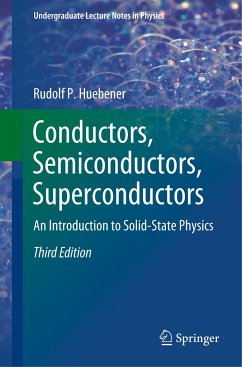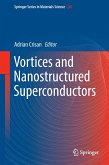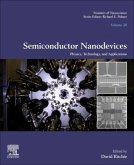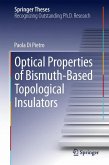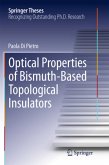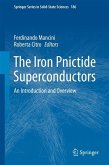This compact undergraduate textbook provides a concise yet thorough introduction to the fundamentals of solid-state physics, while also briefly discussing the historical context surrounding key scholars in the field. The vivid explanations and unique didactic approach adopted in the book aim to generate interest in these subjects while also serving as a motivating primer and supporting companion for studying more detailed and advanced textbooks in solid-state physics. The book is also suitable as a quick refresher for students preparing for examinations.
The third edition features many extensions, including an up-to-date discussion of topological materials, a rapidly developing area at the forefront of solid-state physics. Primarily concentrating on the electric and magnetic properties of materials, the book will benefit undergraduate students in the fields of physics, materials science, and electrical engineering.
The third edition features many extensions, including an up-to-date discussion of topological materials, a rapidly developing area at the forefront of solid-state physics. Primarily concentrating on the electric and magnetic properties of materials, the book will benefit undergraduate students in the fields of physics, materials science, and electrical engineering.

